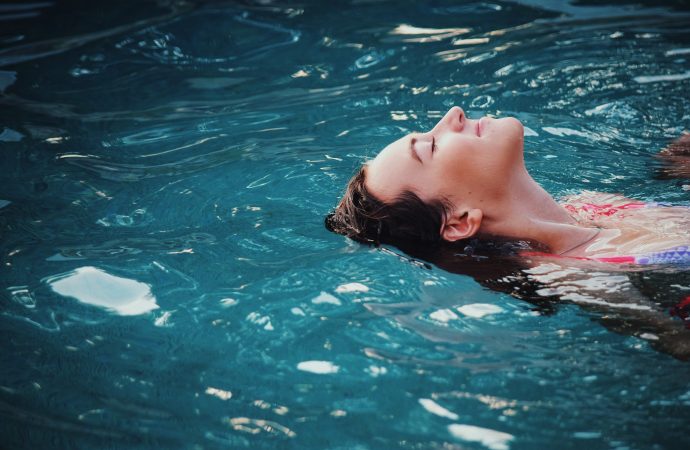Introduction: As the summer season approaches, millions of people flock to swimming pools to cool off and enjoy the water. However, amidst the laughter and splashing, a concerning practice persists: peeing in the pool. Beyond the obvious social taboo, recent scientific studies have uncovered the hidden danger of pool peeing, revealing the presence of toxic
Introduction:
As the summer season approaches, millions of people flock to swimming pools to cool off and enjoy the water. However, amidst the laughter and splashing, a concerning practice persists: peeing in the pool. Beyond the obvious social taboo, recent scientific studies have uncovered the hidden danger of pool peeing, revealing the presence of toxic byproducts and potential health risks. In this article, we delve into the surprising science behind pool peeing, shedding light on the consequences that go beyond mere hygiene concerns.
The Chemical Reaction:
When urine mixes with chlorine, a chemical reaction occurs, resulting in the formation of disinfection byproducts (DBPs). These DBPs, including trichloramine and cyanogen chloride, can be harmful when present in high concentrations. Trichloramine, in particular, has been linked to respiratory problems, eye irritation, and even asthma exacerbation. Cyanogen chloride, a compound that forms when urine and chlorine interact, is a known respiratory and eye irritant and has been associated with long-term health risks.
Impact on Air Quality:
One of the immediate consequences of pool peeing is the degradation of air quality. Trichloramine, the byproduct of urine and chlorine, is volatile and can escape from the water surface into the surrounding air. Swimmers and lifeguards are particularly vulnerable to inhaling trichloramine, which can lead to coughing, wheezing, and other respiratory symptoms. Indoor pools, where ventilation is often limited, pose an even greater risk as trichloramine concentrations can accumulate to higher levels.
Health Risks for Swimmers:
Beyond the impact on air quality, pool peeing presents health risks for swimmers themselves. Cyanogen chloride, formed by the combination of urine and chlorine, has been associated with potential long-term health effects. Studies have suggested that chronic exposure to high levels of cyanogen chloride may increase the risk of cancer, although more research is needed to fully understand its implications. Additionally, the presence of DBPs in pools has been linked to skin irritation, eye redness, and other discomforts.
Promoting Hygienic Practices:
To address the hidden dangers of pool peeing, it is essential to promote hygienic practices and raise awareness among swimmers of all ages. Education campaigns highlighting the importance of using designated restroom facilities can help reduce the incidence of pool peeing. Proper signage, frequent reminders, and clear communication about the potential health risks associated with urine and chlorine reactions can encourage responsible behavior among pool users.
Improved Water Treatment and Monitoring:
Pool operators and managers play a crucial role in maintaining water quality and ensuring the safety of swimmers. Implementing advanced water treatment systems, such as UV disinfection or ozone-based processes, can help minimize the formation of DBPs and reduce the health risks associated with pool peeing. Regular water testing and monitoring are also vital to ensure that chlorine levels are properly maintained and that any harmful byproducts are promptly identified and addressed.
Conclusion:
While pool peeing may seem like a harmless act to some, the science reveals a different story. The toxic byproducts resulting from the interaction between urine and chlorine pose real health risks for swimmers and even those in the vicinity of the pool. By raising awareness, promoting hygienic practices, and improving water treatment and monitoring, we can ensure safer swimming environments and protect the well-being of all pool users.

















Leave a Comment
Your email address will not be published. Required fields are marked with *